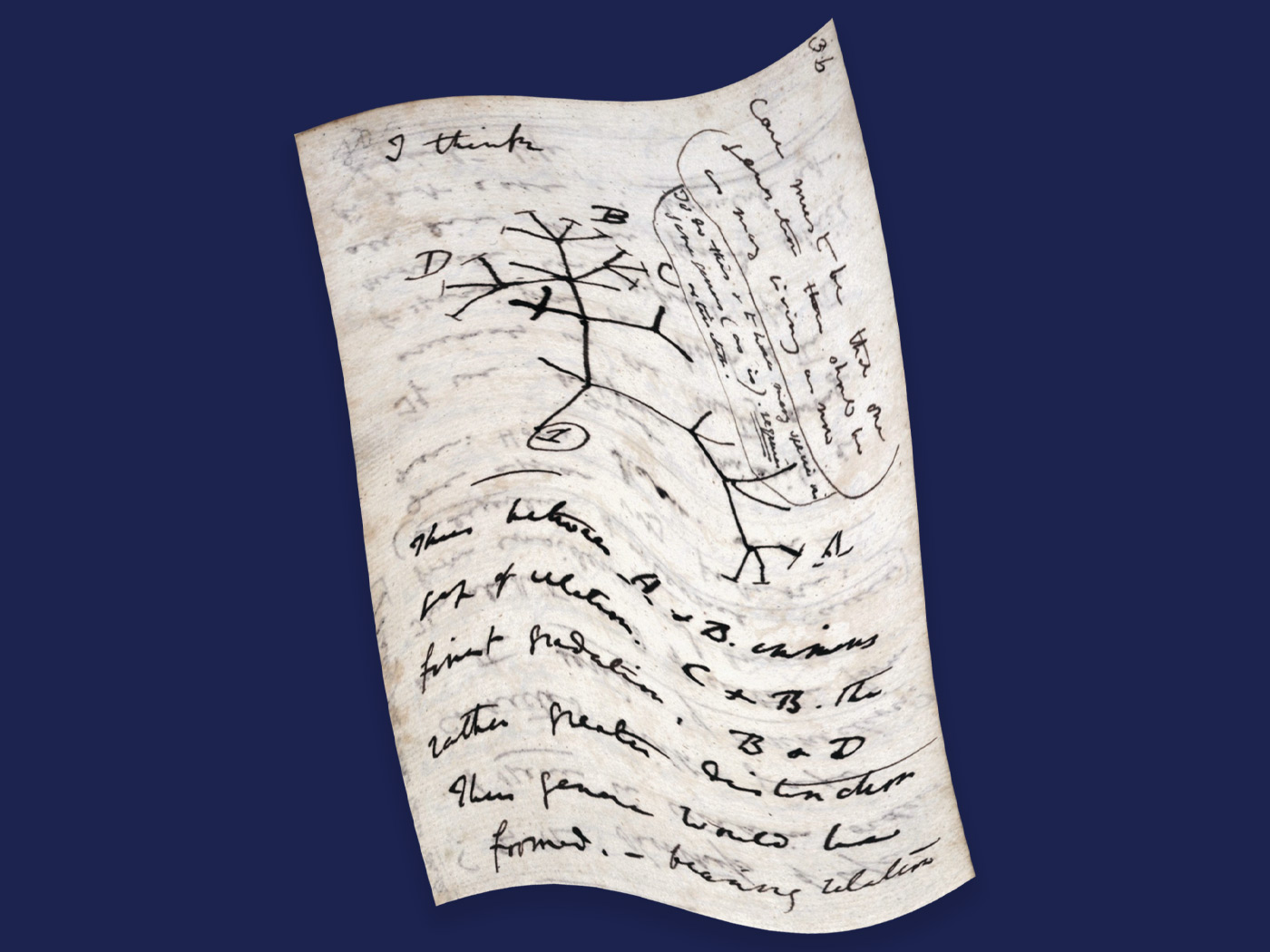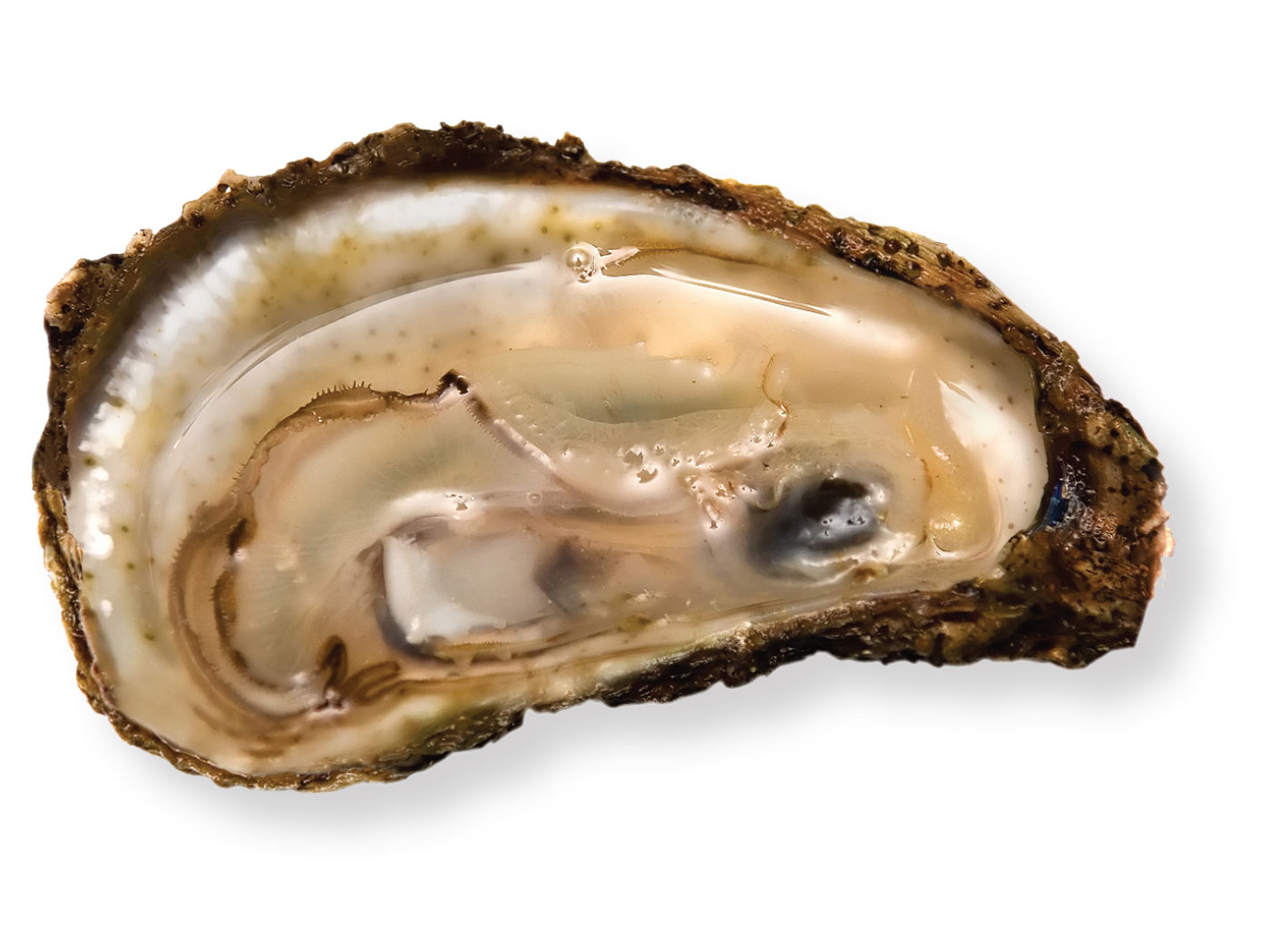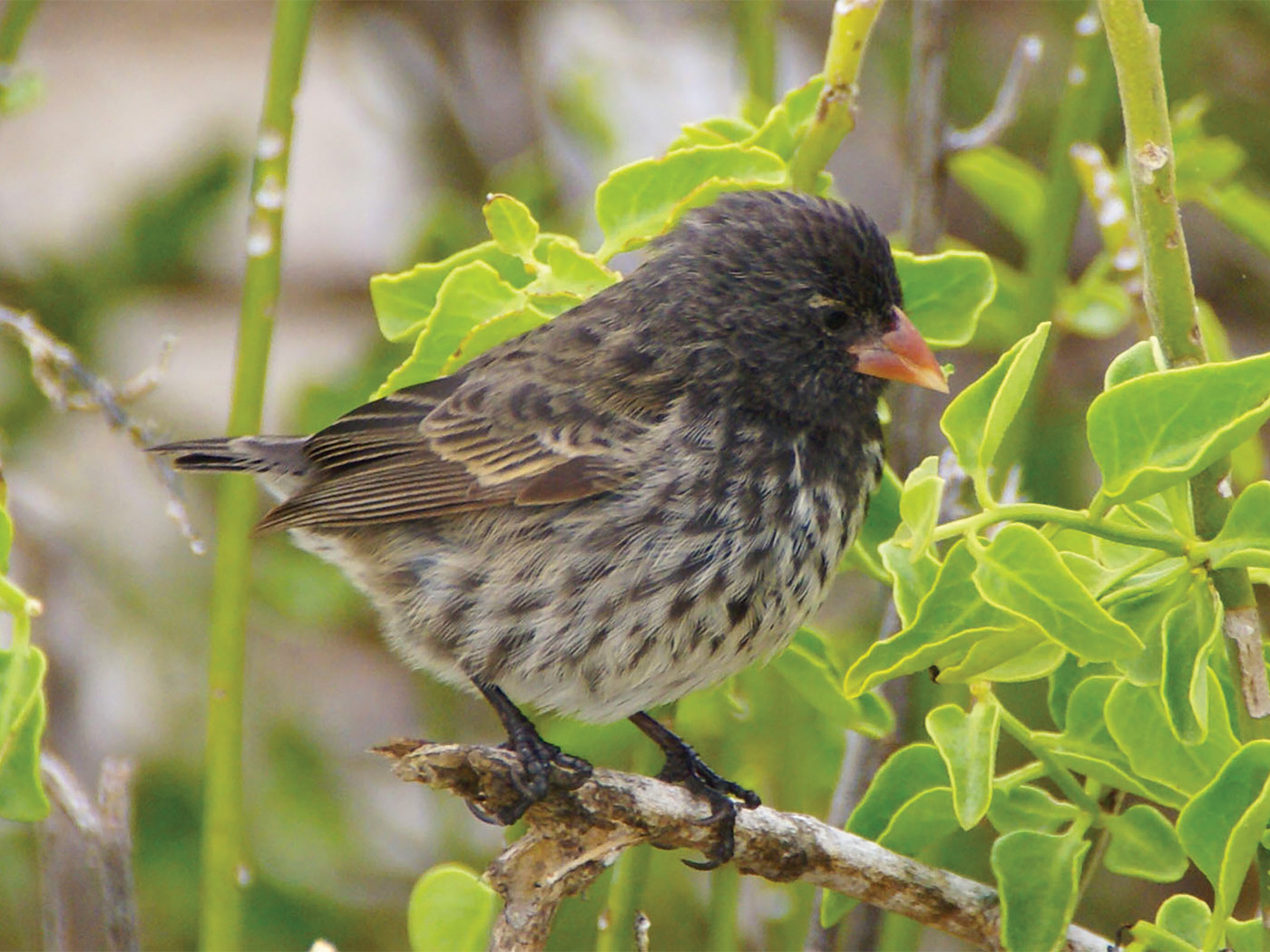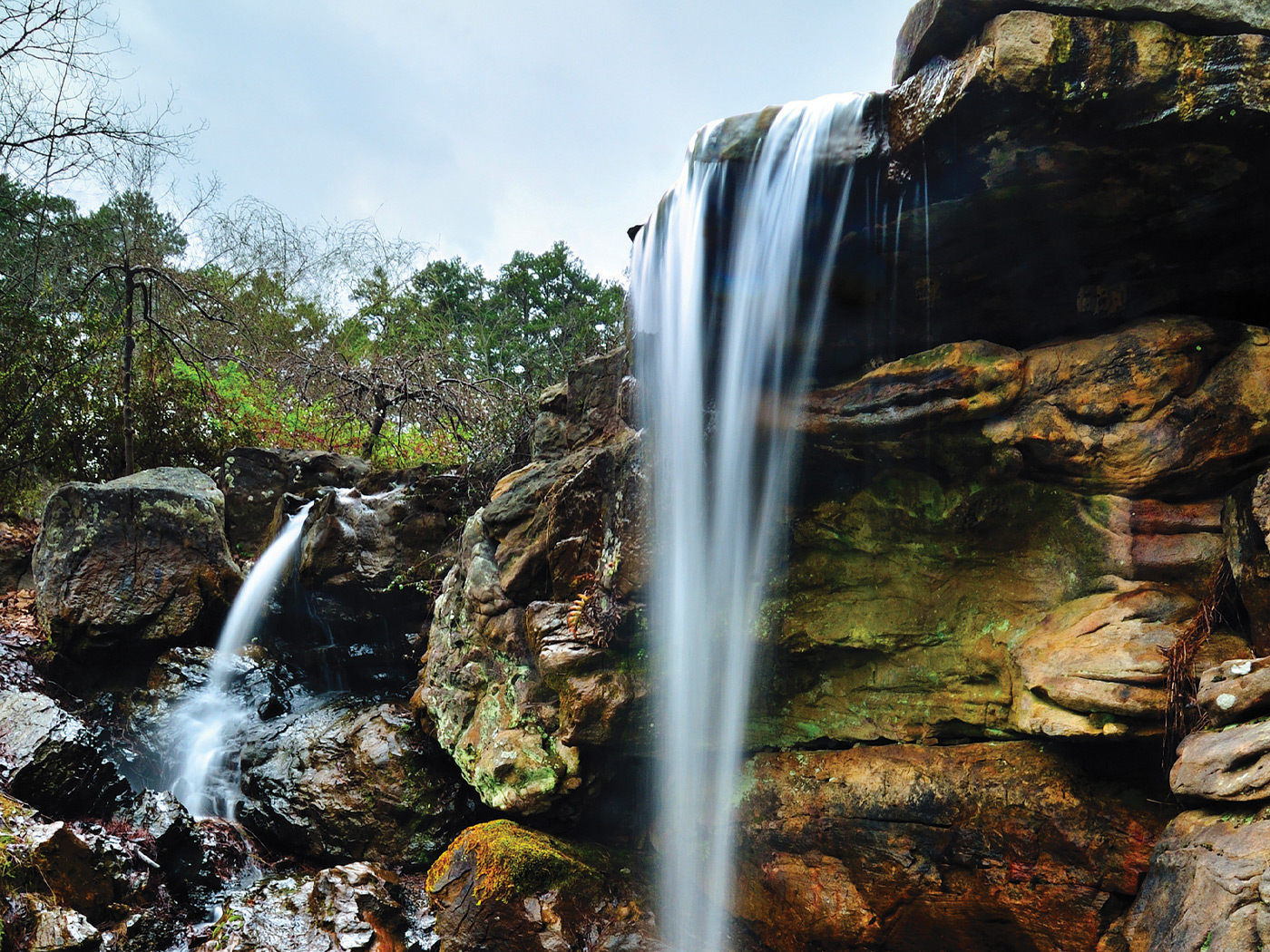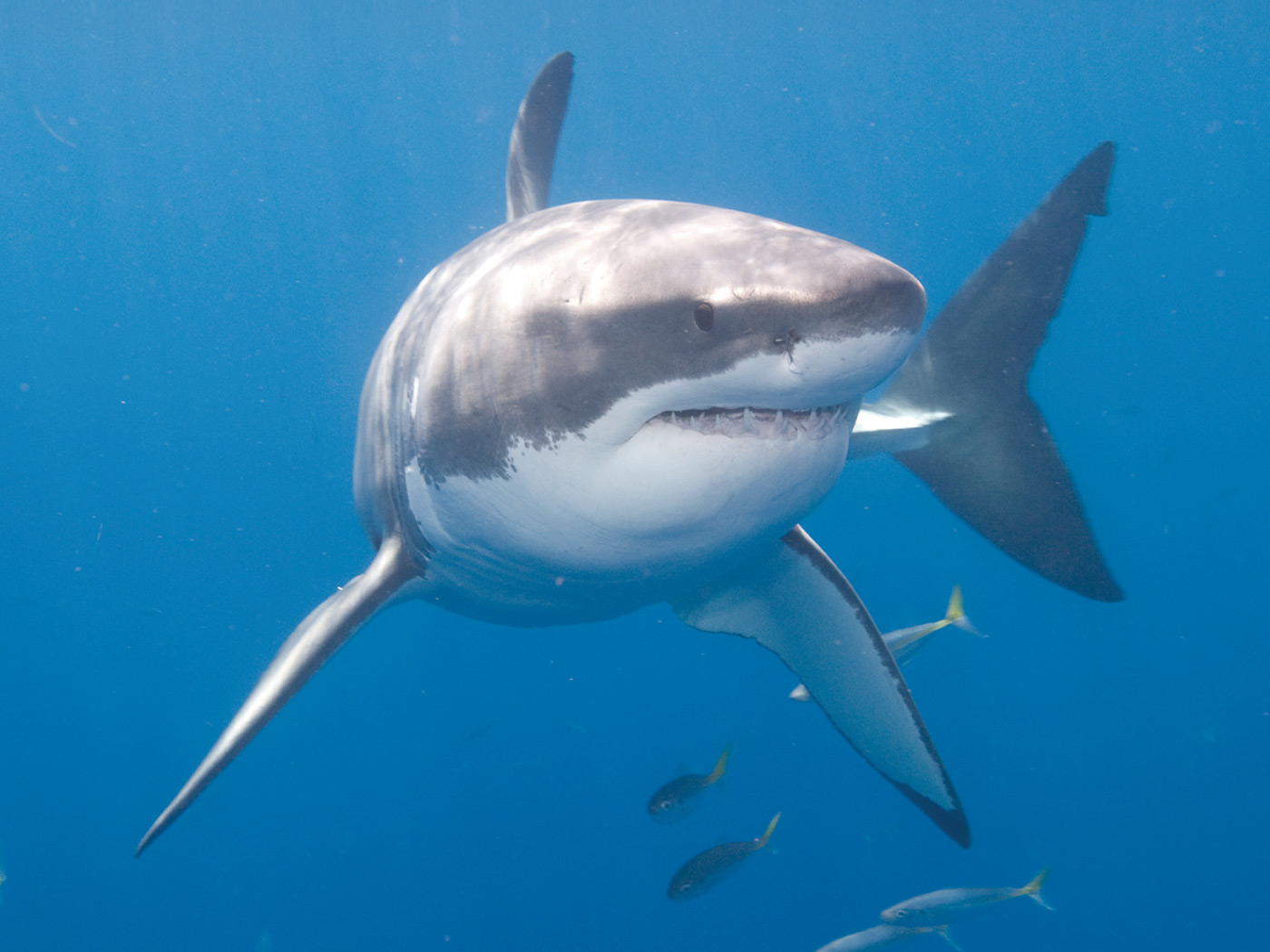“And you hath he quickened, who were dead in trespasses and sins.” (Ephesians 2:1)
There are three descriptions of what we were prior to God’s work in us, as described in the second chapter of Ephesians and as listed below. We were “dead in trespasses [activities] and sins [character, attitude, condition].” The result was that we were unable to understand or seek God on our own (Romans 3:10-11). Nor are we able to know the “things of God” by our own intellectual prowess (1 Corinthians 2:14). “We walked according to the course of this world” (Ephesians 2:2) in “bondage” to the world (Galatians 4:3) and with the eyes of our minds “blinded” by Satan (2 Corinthians 4:4). We are “by nature the children of wrath” (Ephesians 2:3). Both our natural desires (5:5-6) and our willful unbelief (John 3:36) have placed us under the ever-increasing wrathful judgment of God (Romans 2:5-9).
The transformation performed by God on us can only be “his workmanship, created in Christ Jesus” (Ephesians 2:10). It involves God’s rich “mercy” and “great love” (v. 4) to make us alive when we were dead (see John 5:21-24; Romans 6:4-6, 9-11).
That power “raises” us and “seats” us with God positionally in the heavens (Ephesians 2:6). That grace is effected through faith, and even “that not of yourselves: it is the gift of God: Not of works, lest any man should boast” (vv. 8-9).
Whatever all of these promises may ultimately involve, they assure us of permanent status as the chosen, holy ones of God (Romans 8:29-39), “that in the ages to come he might shew the exceeding riches of his grace in his kindness toward us through Christ Jesus” (Ephesians 2:7). HMM III
 Days of Praise Podcast is a podcast based on the Institute for Creation Research quarterly print devotional, Days of Praise. Start your day with devotional readings written by Dr. Henry Morris, Dr. Henry Morris III, Dr. John Morris, and others to strengthen and encourage you in your Christian faith.
Days of Praise Podcast is a podcast based on the Institute for Creation Research quarterly print devotional, Days of Praise. Start your day with devotional readings written by Dr. Henry Morris, Dr. Henry Morris III, Dr. John Morris, and others to strengthen and encourage you in your Christian faith.













